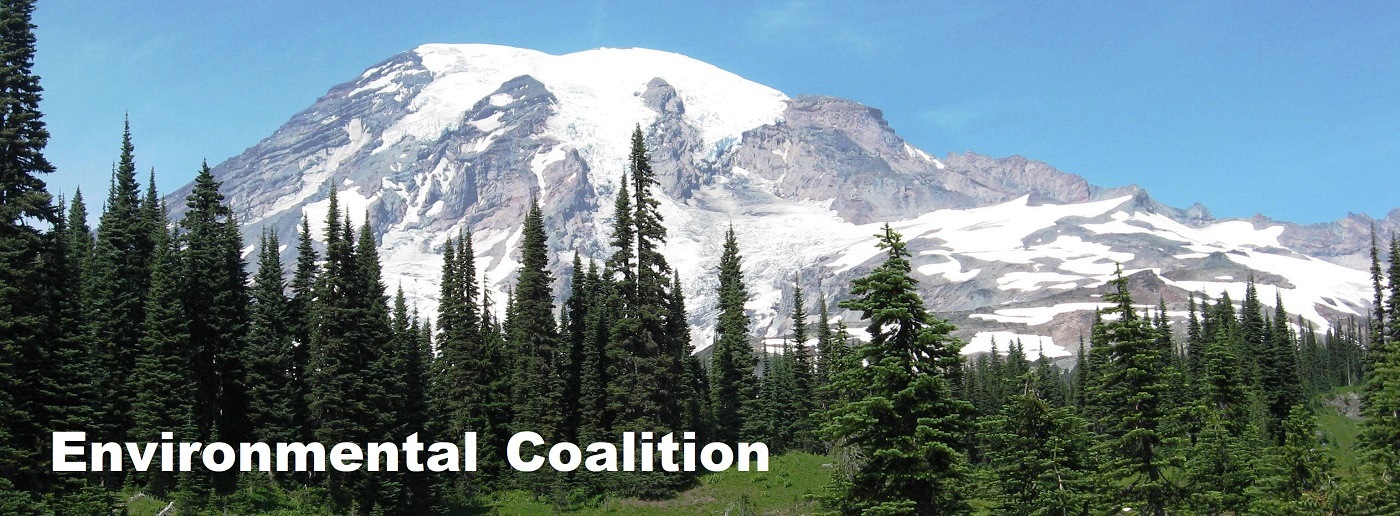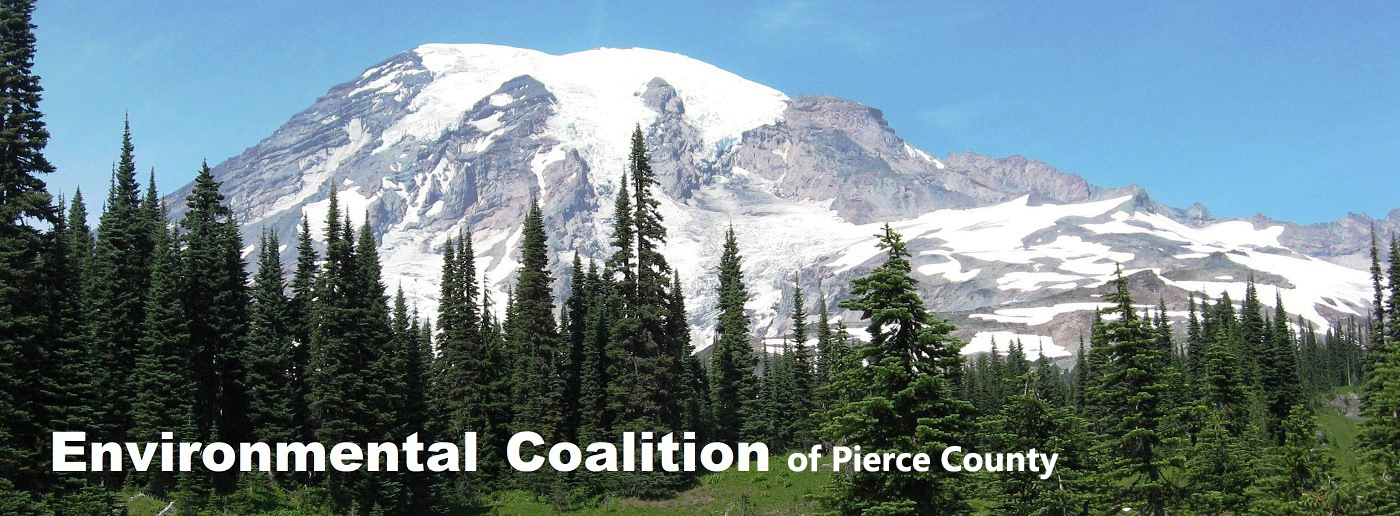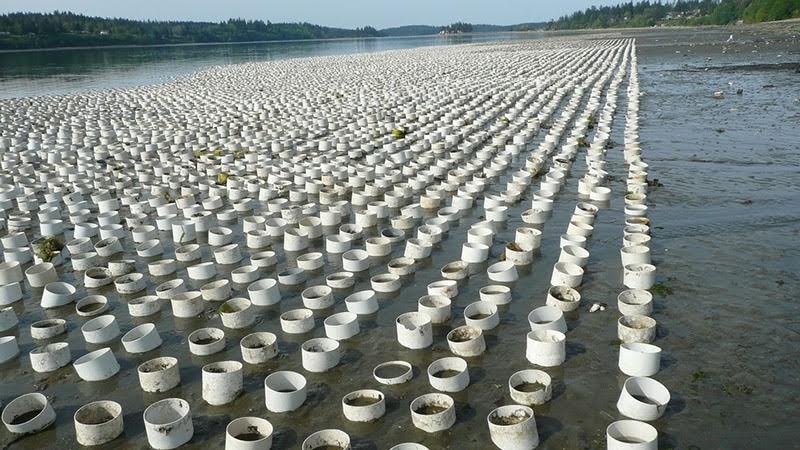In November, several major shoreline issues moved forward in dramatic ways:
- Washington Department of Natural Resources will prohibit most net fish pens in the state.
- A federal judge set a schedule to review the latest request to revoke another group of Army Corps of Engineers permits issued without a NWP 48 permit or without environmental review of impacts.
- In Burly Lagoon, the long-awaited decision on the permit to allow the largest geoduck permit in Burley Lagoon was promised to be delivered before your Thanksgiving turkey is on your table.
DNR Ban on Fish Pens
James Mitchell, an environmental attorney and Legislative Director for Don’t Cage Our Oceans, organized a letter-writing and testifying effort to encourage the Washington State Department of Natural Resources commissioners to stop further permits for net fish pens on DNR leases.
Along the Inland Passage to Alaska and Vancouver Island, the proliferation of net fish pens has resulted in the end of Frasier River salmon runs, as pollution underneath pens and in surrounding inlets and bays has become unbearable.
Most dangerous is the escape from pens and the death of salmon species in local streams. This happened in Washington in 2017 with the escapement of 263,000 Atlantic Salmon from a Cooke Aquaculture facility on Cypress Island. While Cooke Aquaculture lied that only a few thousand fish had escaped, the actual number was in the hundreds of thousands of farmed salmon, which ended up swimming south along the west coast.
In addition, excess fish feed, concentrated fish waste, and pharmaceuticals originate from inside the net pens and readily flow into the open ocean. Stress from overcrowding masks farmed fish more susceptible to disease.
When marine wildlife come near the cages, or when farmed fish escape, they can harm the ecosystem and wild fish by transferring bacterial kidney disease, sea lice, and other problematic organisms.
MARINE WILDLIFE THREATENED: Fish farms attract marine life. Whales, dolphins, predator fish, and birds can become entangled in the fish farm cages and die. The various lines, anchors, and nets can also entangle, harm, drown, and kill marine wildlife.
Oops! There goes the Revocation of Another Industrial Geoduck Permit
The Coalition to Protect Puget Sound Habitat filed a status report with the U.S. District Court in Seattle who in 2019 revoked over 900 geoduck permits in Puget Sound. Soon after the mass revocation, the Army Corps began handing out new permits using Letters of Permission to authorize new shellfish aquaculture operations.
The Federal Court Decision forbid the use of Letters of Permission and revoked the previous NWP 48 permit in 2019.
In November 2024, the Coalition challenged the latest group of 9 Letters of Permission. This is the fourth such request challenging up to 10 farms at a time.
In the past four years, the Army Corps has issued over 300 permits. In 2023, the latest NWP-48 permit was revoked which had granted exceptions to violate the Clean Water Act with pollution associated with grading, planting and harvesting of geoducks.
This latest status report calls for setting dates for various other submissions and for a summary judgment by the Federal Court before May of 2025.
The motion was filed by Amy van Saun of the Center for Food Safety on November 1, 2024. The CFS has been fighting the industrial food model and promoting organic, ecological, and sustainable alternatives. The CFS filed the initial suite that revoked 900 payments in 2019.
This update on permits is provided to show that the work of Laura Hendricks to protect Puget Sound continues. She has worked tirelessly since 2007 to revoke Industrial Aquaculture permits in Puget Sound and Hood Canal.
Now, with over 300 new permits approved and only 10 permits allowed to be revoked at a time, it will take some time to revoke all 300. These efforts have been successful because advocates refuse to give up. Thanks to the Center for Food Safety for continuing Laura’s work.


